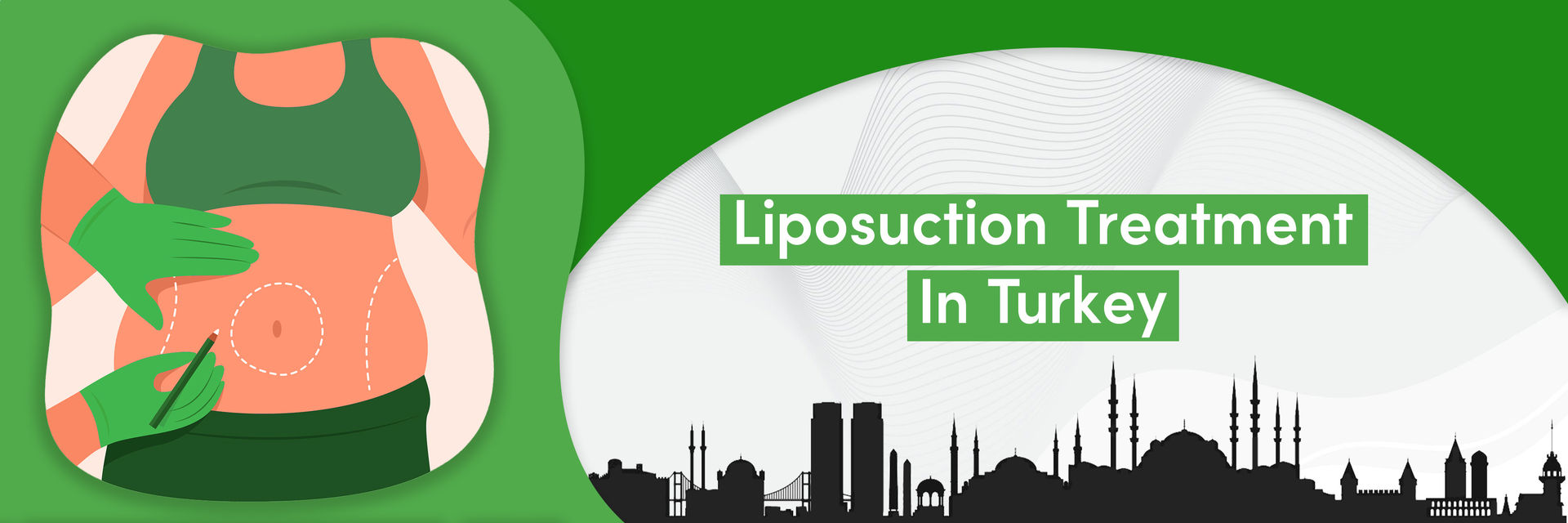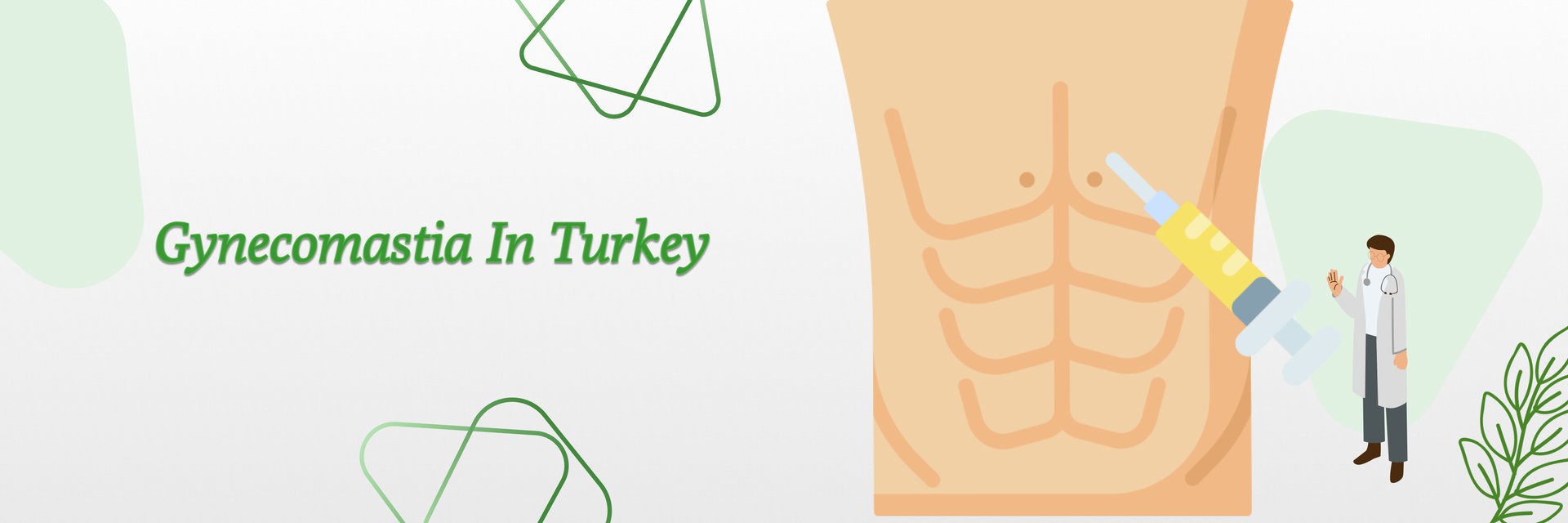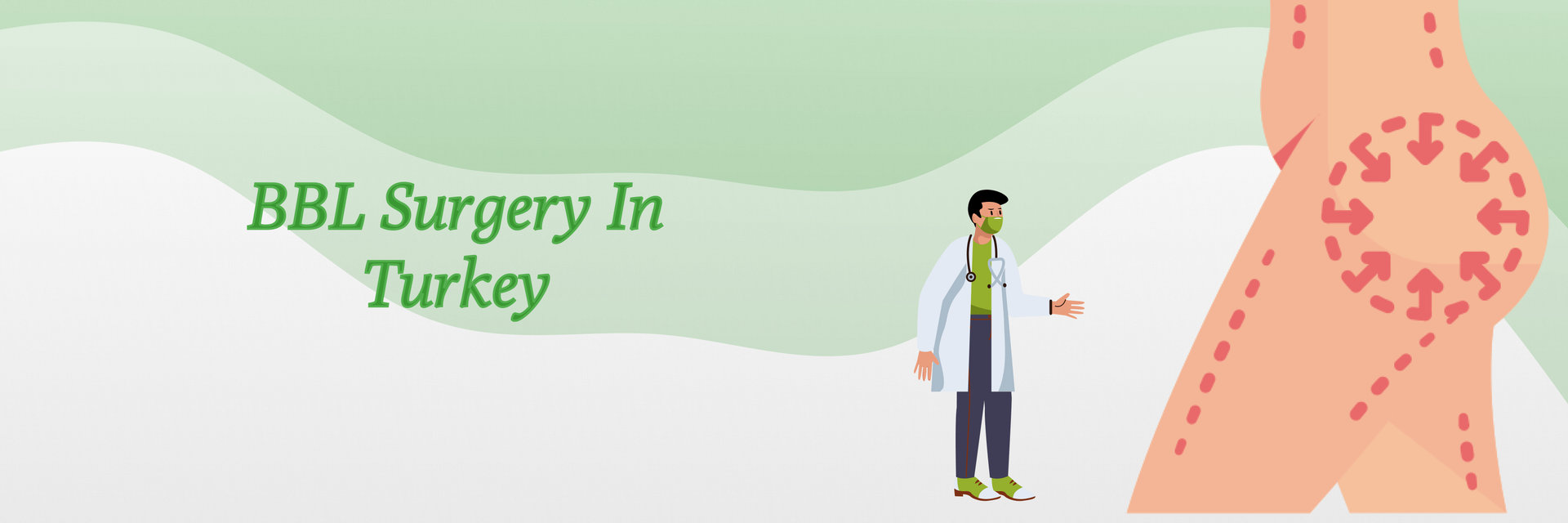Hyperthyroidism is when the thyroid gland produces excessive amounts of thyroid hormones, leading to various metabolic imbalances. This condition affects millions worldwide, with a significant prevalence in India. According to the Indian Thyroid Society, around 12% of the Indian population suffers from thyroid disorders, with hyperthyroidism being one of the common forms. Among the various complications associated with hyperthyroidism, one that often goes unnoticed is gynecomastia—the enlargement of breast tissue in males. Understanding the connection between hyperthyroidism and gynecomastia is crucial, as it helps in early diagnosis and effective management.
If you're experiencing symptoms of hyperthyroidism or gynecomastia, book an appointment with the best endocrinologists and gynecomastia specialists in India to get personalized treatment.
Can Hypothyroidism Cause Gynecomastia in Males?
Hypothyroidism, characterized by an underactive thyroid gland, can indeed lead to gynecomastia. Although the condition is more commonly associated with hyperthyroidism, hypothyroidism can also contribute to the development of gynecomastia in males. When the thyroid gland is underactive, it can disrupt the balance of hormones in the body, including the balance between testosterone and estrogen. This hormonal imbalance may increase estrogen levels relative to testosterone, leading to the enlargement of breast tissue in males.
The Science Behind It
In hypothyroidism, the pituitary gland in the brain releases more thyroid stimulating hormone (TSH) to stimulate the thyroid gland to produce more hormones.
Elevated TSH levels can also lead to increased prolactin, a hormone that promotes breast tissue growth.
Additionally, hypothyroidism can slow down the metabolism of estrogen, leading to higher circulating levels of the hormone, which can contribute to gynecomastia.
Does Hyperthyroidism Increase Estrogen?
Yes, hyperthyroidism can lead to an increase in estrogen levels. This is because the excess thyroid hormones can influence the metabolism and clearance of estrogen from the body. Normally, estrogen is metabolized in the liver and excreted from the body. However, in hyperthyroidism, the metabolic rate is significantly increased, and the liver may be unable to keep up with the accelerated clearance rate of estrogen. This leads to an accumulation of estrogen in the bloodstream, which can contribute to the development of gynecomastia.
How Estrogen Affects Male Breast Tissue?
Estrogen is the primary female sex hormone, but it is also in males in smaller amounts. In men, estrogen regulates certain functions, including bone density and reproductive health. However, when estrogen levels are too high, it can lead to the development of female secondary sexual characteristics, such as breast tissue growth. In the context of hyperthyroidism, the increased estrogen levels can stimulate the growth of glandular breast tissue, leading to gynecomastia.
What are the Symptoms and Diagnosis of Gynecomastia in Hyperthyroidism?
Gynecomastia is relatively common in individuals with hyperthyroidism. Studies have shown that up to 10-20% of men with hyperthyroidism develop gynecomastia. The condition can vary in severity, from mild enlargement to more pronounced breast tissue growth that may cause discomfort or psychological distress.
The symptoms of gynecomastia include
- swollen breast gland tissue,
- breast tenderness, and
- Sometimes nipple discharge.
Diagnosis involves
- physical examination,
- blood tests to check hormone levels and
- Imaging tests such as mammography or ultrasound to assess the breast tissue.
Does thyroid medication increase breast size?
Thyroid medications, particularly those used to manage hyperthyroidism, may influence breast size in men. For instance, antithyroid drugs like methimazole and propylthiouracil are used to reduce the production of thyroid hormones. While these medications help manage the symptoms of hyperthyroidism, they may also contribute to hormonal imbalances that could lead to gynecomastia.
Mechanism of Action
Antithyroid drugs work by inhibiting the synthesis of thyroid hormones. However, this can also affect the balance of other hormones, including testosterone and estrogen. Some studies suggest that the use of antithyroid medication can lead to a relative increase in estrogen levels, which may contribute to the enlargement of breast tissue in men.
Concerned about how your thyroid treatment may be affecting your health? Consult with top thyroid specialists in India to explore your options and ensure the best care.
Treatment Options for Gynecomastia in Hyperthyroidism
Treating gynecomastia in the context of hyperthyroidism involves addressing the underlying thyroid condition and the gynecomastia.
- Managing Hyperthyroidism
The first step in treating gynecomastia is to manage the hyperthyroidism. This can be done through:
- Medications: Antithyroid drugs, beta-blockers, and radioactive iodine treatment are commonly used to control thyroid hormone levels.
- Surgery: In severe cases, surgery to remove the thyroid gland (thyroidectomy) may be necessary.
- Addressing Gynecomastia
Once the hyperthyroidism is under control, the gynecomastia may resolve on its own. However, if it persists, the following treatments may be considered:
- Medications: Selective estrogen receptor modulators (SERMs) like tamoxifen can be used to reduce breast tissue size.
- Surgery: In cases where gynecomastia is severe or causing significant distress, surgical options such as liposuction or mastectomy may be considered.
Gynecomastia and Quality of Life
Gynecomastia can have a significant impact on a man's quality of life, particularly in terms of body image and self-esteem. Men with gynecomastia may experience embarrassment, anxiety, and social withdrawal. Healthcare providers must address these psychological aspects and support patients with this condition.
Hyperthyroidism is a complex condition that can lead to various complications, including gynecomastia. Understanding the connection between these two conditions is crucial for early diagnosis and effective treatment. By managing hyperthyroidism and addressing gynecomastia, individuals can improve their quality of life and reduce the impact of these conditions on their physical and mental well-being.
FAQ
1. Can hyperthyroidism be cured?
Hyperthyroidism can often be managed effectively with medication, but in some cases, it may require surgery or radioactive iodine treatment for a permanent solution.
2. Is gynecomastia reversible?
Yes, gynecomastia can be reversible, especially if the underlying cause is treated. In some cases, surgery may be required.
3. How long does it take for gynecomastia to resolve?
The time it takes for gynecomastia to resolve can vary depending on the underlying cause and treatment. It may take several months for the breast tissue to decrease in size.
4. Can lifestyle changes help with gynecomastia?
Yes, maintaining a healthy lifestyle, including regular exercise and a balanced diet, can help reduce the risk of gynecomastia.
5. Are there any natural remedies for gynecomastia?
There are no proven natural remedies for gynecomastia. It is important to seek medical advice for appropriate treatment.







